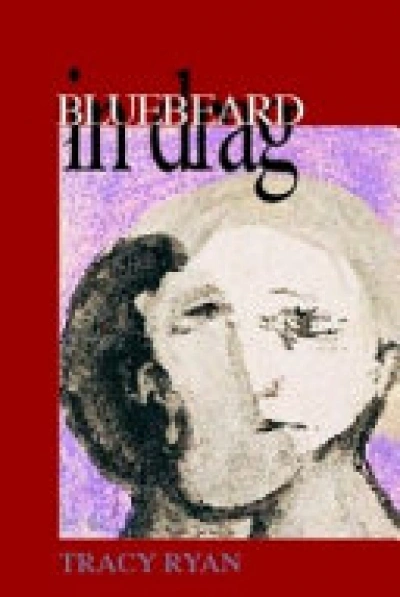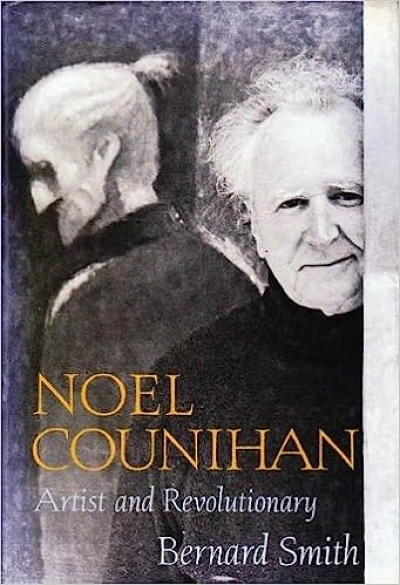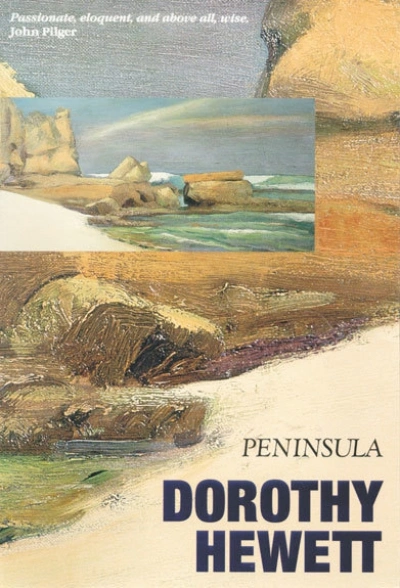Dorothy Hewett
The inaugural La Trobe University/Australian Book Review Annual Lecture, delivered by Peter Porter on 11 September, was a highlight of that tense, at times tawdry, week of commemorations. We were delighted to welcome so many ABR subscribers, who availed themselves of the opportunity to attend the event on a complimentary basis. Subscribers will be offered more gratis tickets in coming months – additional reason to subscribe to the magazine. Meanwhile, Peter Porter’s lecture, ‘The Survival of Poetry’, is published in full as this month’s La Trobe University Essay.
... (read more)The Frank Hardy I Knew
Dear Editor,
Frank Hardy was a larrikin. It was probably one of his most endearing qualities, but he did tell me once that his membership of the Australian Communist Party enabled him to become something more than a larrikin. He didn’t always pay his debts, except for the one big debt and the only one worth remembering: the debt of living, to the end, a writer’s life. For a boy brought up amongst working-class Irish Catholics in the potato belt in Victoria, that was no mean feat.
... (read more)







